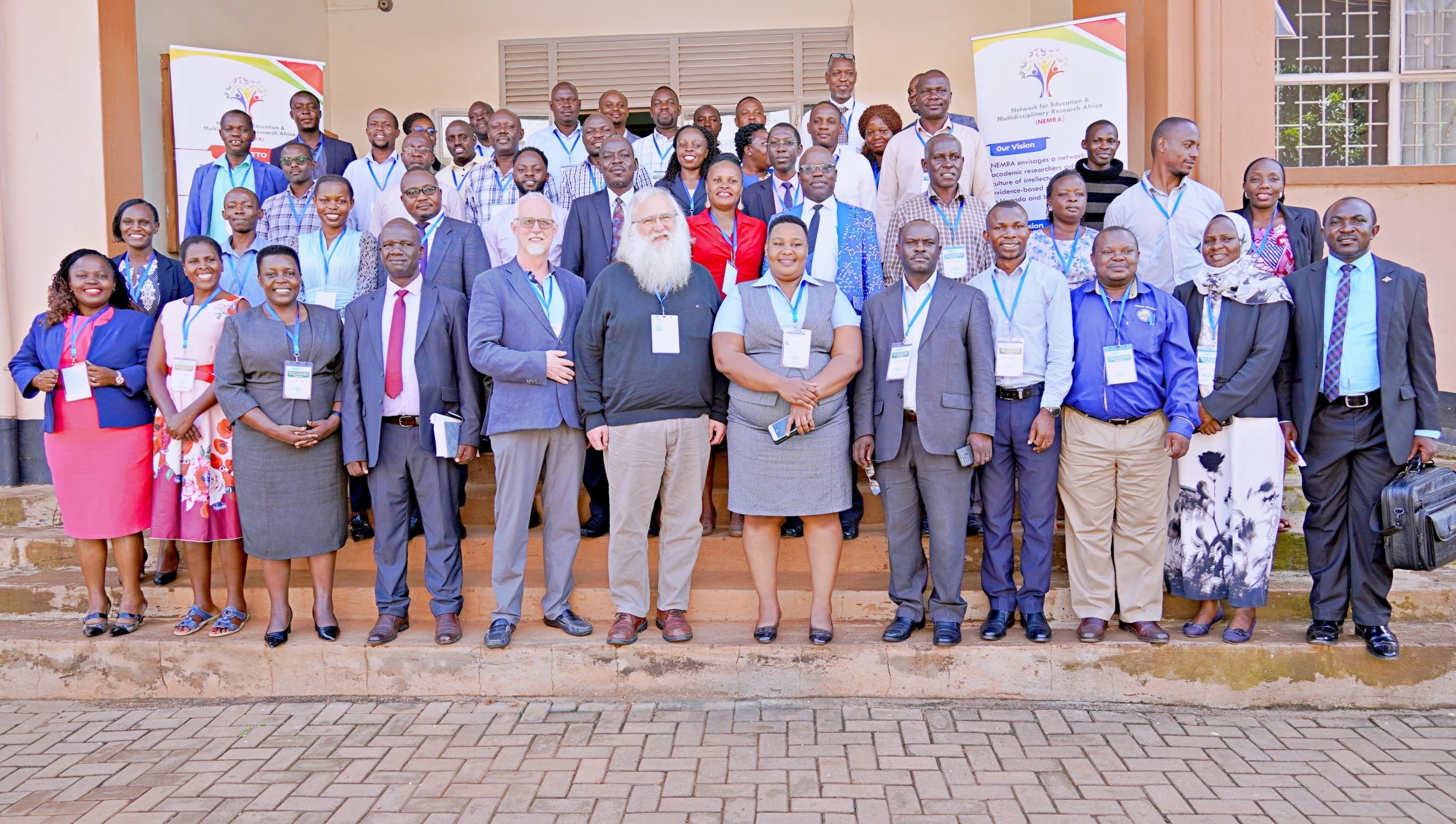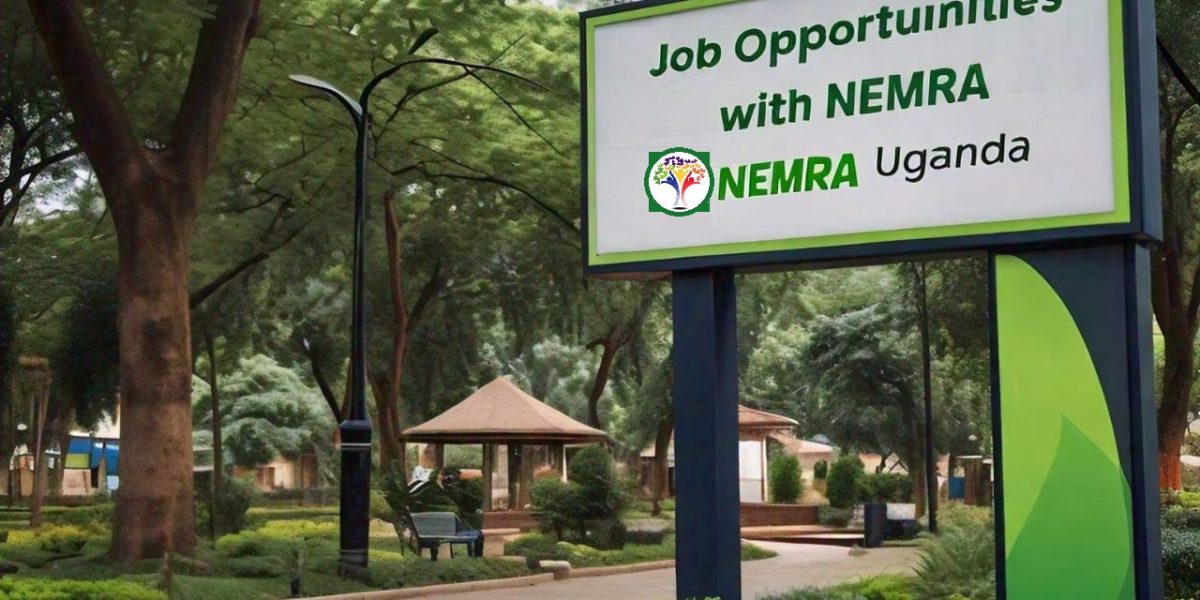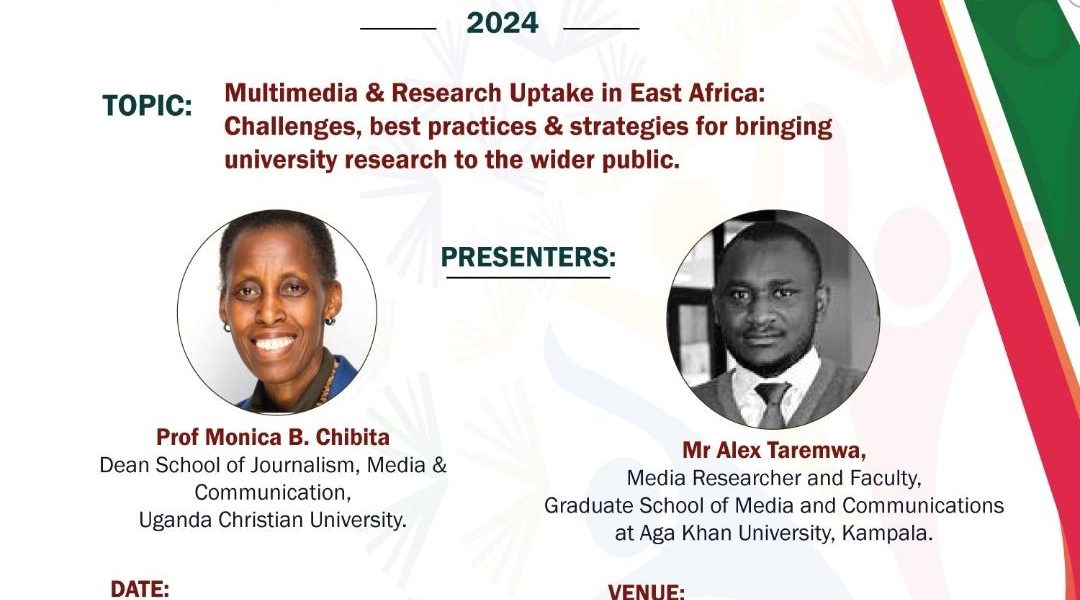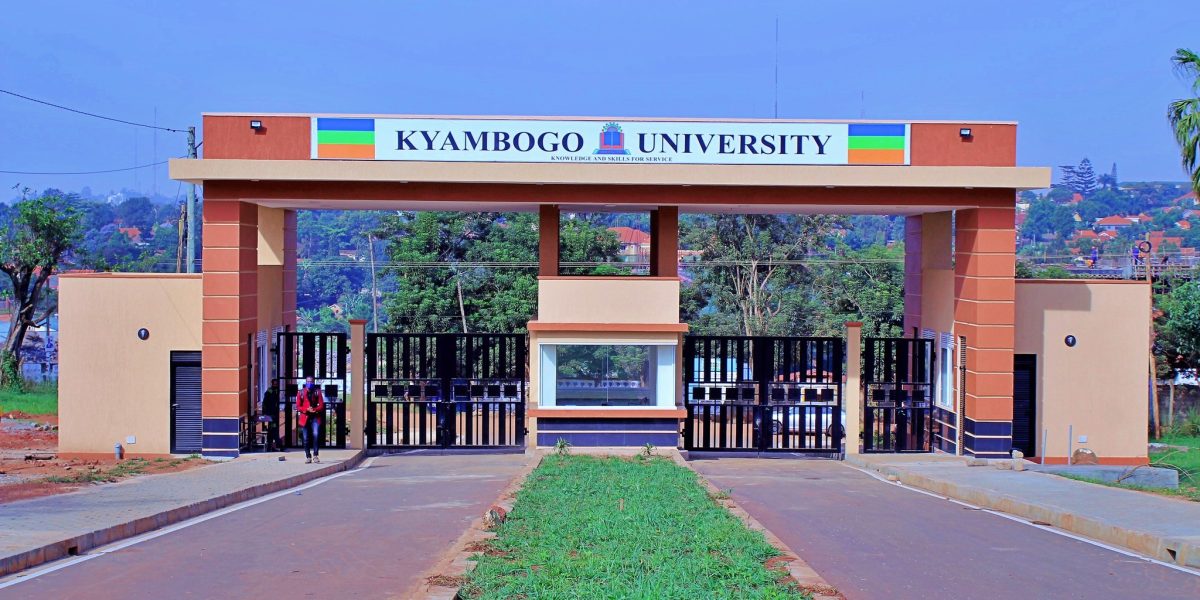By Olive Kyogabiirwe, a.k.a Princess Kyoga, olive.mentor1@gmail.com
NEMRA Thematic Fellow – Training & Mentorship
1.0 Introduction
This represents personal learning experiences from the five-day workshop (22nd – 26th April 2024), organized by NEMRA & EASRN, hosted by Kyambogo University and facilitated by Canadian volunteers Prof. Mike Brklacich and Prof. Dave Valliere. The physical workshop attracted over 40 participants from various universities including Makerere University, Kyambogo University, Muteesa 1 Royal University, Uganda Christian University, Bishop Stuart University, Busitema University, Bugema University, and a team of researchers from NEMRA. Appreciation goes to all those who initiated the project, the organizers, the trainers of trainers, the participants, our hosts, and service providers. Thank you for the support and participation.
2.0 Day One
Day one was adorned with inspiring yet challenging remarks from the Dean of the School of Graduate Studies at KYU and the Vice-Chancellor of KYU at the opening ceremony. Participants were warmly welcomed to the host institution but were also encouraged to find time for research endeavors and become ambassadors of the training program to ensure its sustainability across different institutions. The visiting professors, a.k.a Mike and Dave, commenced the training by engaging us on formulating research topics, navigating through literature, and discerning which journals to explore. Participants were motivated to train researchers to address global challenges from diverse perspectives, mphasizing shared responsibilities in research.
3.0 Day Two
Day two concluded the first theme of planning research with an intensive study of grant applications and grant management. Understanding grant guidelines and financial regulations of the two countries was particularly highlighted. As the trainer aptly put it, “research is not stone casting.” The second theme enlightened us on understanding our position in the theory-building/testing cycle to progress further. The project design module empowered participants to train researchers in breaking down project designs into subsections, providing necessary resources for data collection, and imparting relevant knowledge and skills for instrument design. Skills in data management, including recruiting respondents and addressing outliers and erroneous responses, were underscored.
4.0 Day Three
The third theme centered on sharing research, where participants reflected on experiences and deliberated on reasons and methods for participating in conferences. Dynamics of poster presentations and slide design were also explored. The visiting professors elucidated the journal writing process from conceptualization to publication, emphasizing the importance of abstract inclusion. It was unanimously agreed that writing alone is arduous, with encouragement to aim for A-class journals.
5.0 Day Four
The career development theme, through modules on time management, raising one’s profile, and contributing to the academy, equipped us with networking and collaboration skills, personal branding techniques, and insights into pursuing advanced degrees. Participants were urged to cultivate relevant support skills, recognizing the importance of self-care and work-life balance for researchers.
6.0 Day Five
The workshop concluded with discussions on sustainability strategies for the ECRU initiative. While participants found the content fitting with relevant sessions, suggestions were made for more practical training and increased time allocation for researcher training. Reporting and engagement of key stakeholders in different institutions were identified as imperative for transferring acquired knowledge and skills. Participants also committed to initiating grant writing for financial support of the program. Each day’s training commenced with reflective and interactive recaps of the previous day’s activities, with module evaluations conducted to gather important feedback. Prof. Obua (Dean of the Postgraduate School at Kyambogo University) closed the workshop by emphasizing the importance of making money in research and positioning oneself strategically to avoid life’s uncertainties.
7.0 Way Forward
Moving forward, I urge all NEMRA members who participated in the training to engage in knowledge sharing within NEMRA and beyond. As Robert Noyce said, “Knowledge is power. Knowledge shared is power multiplied.” I take this opportunity to call upon a.k.a Senior Mentor, Dr. Gad Ruzaaza Ndaruhutse (PhD), Thematic Leader – Training and Mentorship at NEMRA, to guide us in the next steps.
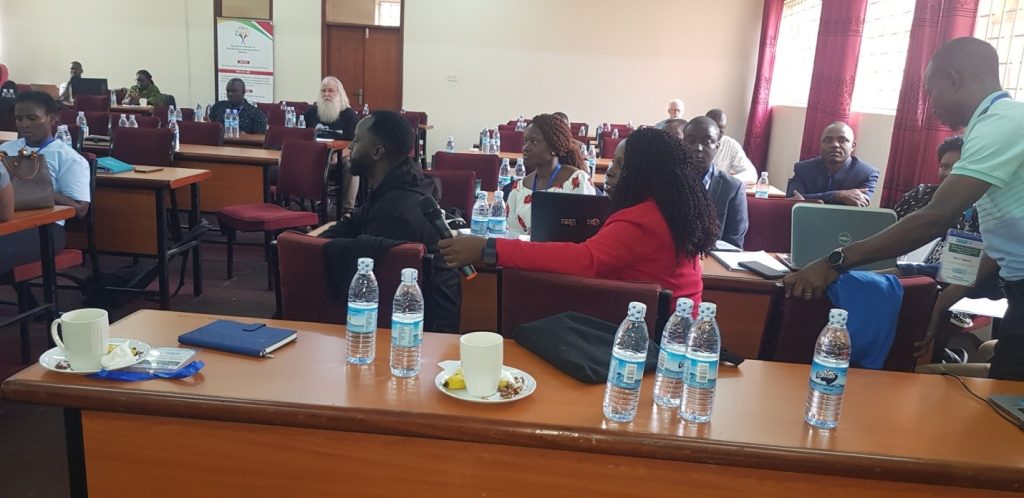
“Excellence in research for sustainable transformation”

